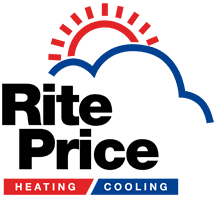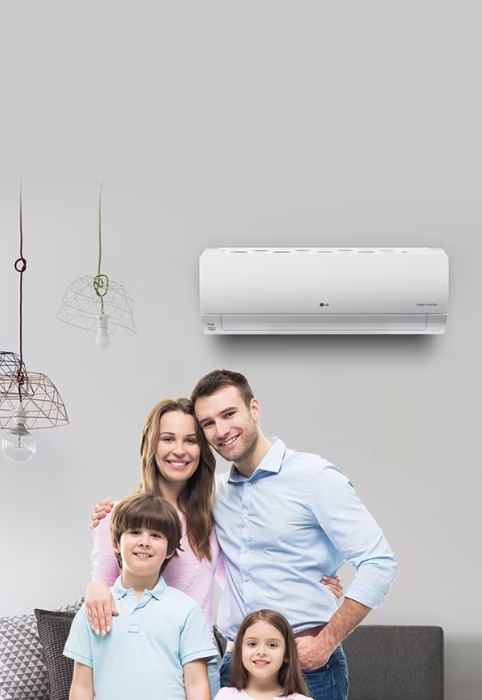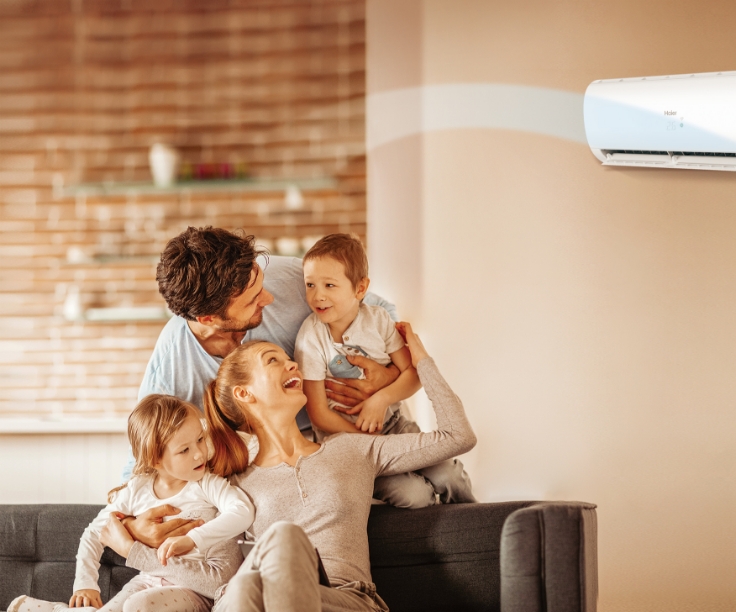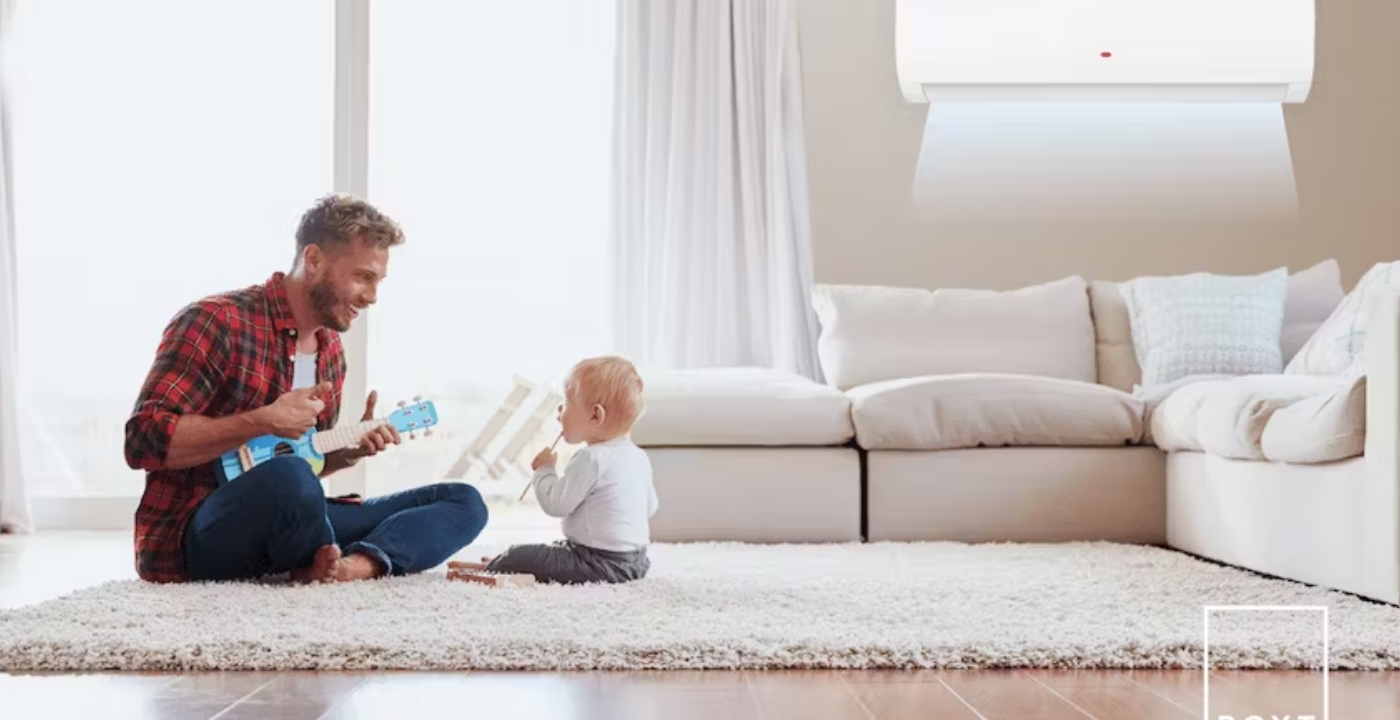For One of the Best Air Conditioning Solutions Here’s 8 Things You Should Have on Your Selection Criteria
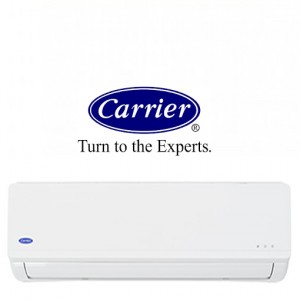
The Size of Your Living Space: air conditioning solutions
Depending on what your living conditions are like—whether you live in a house, apartment, or individual room–the type of system you require and the cost of the unit/installation can vary greatly. It’s important to understand the different systems that are available on the market today. These include window/wall mounted units, portable units, split/ductless units, and central air units. Figuring out the most suitable type for your situation can help you to save money by guaranteeing you only pay for the cooling performance you need.
For individuals living in a single apartment or room, the option that usually makes the most sense is a window/wall mounted unit that produces cool air from one end and shoots out hot air from the other. The heat ejecting side is placed through a window or hole in the wall to funnel the warm, stagnated air outside. These types of units are fairly cheap and easy to install, but the noise and bulkiness is more significant than other systems. Alternatively, another suitable option for an apartment or individual room is a portable unit that sits on the floor and uses an exhaust hose that runs outside through a window or wall opening to expel the hot air. These mounted and portable units range in price from $100 on the low end to $1000+ on the high end.
Split/Ductless systems are an option for any medium sized living situation. These air conditioners break the process of cooling into two separate terminals on the unit. The compressor, condenser, and fan use one terminal to work the air through the unit, and the evaporative components use the other terminal to cool the air and distribute it outward across a room. These units are highly popular among consumers looking for something that offers better performance than a simple mounted or portable unit. Prices for most split/ductless systems can range from $1000 to $4000.
Finally, for the vast majority of full sized homes, the premium cooling solution comes in the form of central air conditioning. These are systems that use one unit outside your home to suck in hot air, and another unit inside your home to distribute the chilled air through to the various rooms across the interior. The price can range from $1000 to $4000 or more, depending upon the size of your home and the amount of space that needs cooling. With a central air conditioner, though, you’ll receive optimal performance along with a significant reduction in noise when compared to other systems.
Ease of Carrying Out Maintenance and Repairs : air conditioning solutions
More than likely, assuming you purchase a quality air conditioner, maintenance and repairs shouldn’t be of any real concern to you. However, sometimes things that are outside of the manufacturer’s control, such as extreme environmental conditions or power surges, can result in the system you purchase sustaining some sort of damage or malfunction that will need to be addressed. This is why it’s important to consider the ease with which any system you’re considering for your home can be repaired and maintained should such damage occur. Generally speaking, the newer the system, the easier these repairs should be, as most modern systems are largely computerized with fewer individual parts and mechanisms susceptible to malfunction.
Amount of Noise Produced
The level of noise that your system generates is an important criterion to consider depending on your own ability to tolerate distractions. The noise production of all air conditioners today depends greatly upon the type of system that is in use. In particular, the mounted, portable, and split/ductless systems all produce varying degrees of detectable noise, with mounted and portable units typically being the loudest and the split/ductless systems tending to be somewhat quieter. The precise decibel level will depend upon the exact model you choose, and this value should be included with the manufacturer’s specifications. If you would prefer a system that is almost entirely silent, central air conditioning is the way to go because the installation itself places many of the system’s noisiest components either outside or beneath your home.
Level of Humidity Control Provided
For total comfort, humidity control is an important criterion for any air conditioner you purchase. Keeping your home cool is just as much about reducing the humidity (moistness/dampness in the air) as it is about reducing the overall temperature. Once again, similar to noise levels, the air conditioners on the market today vary greatly in their ability to provide full control over humidity levels. The mounted, portable, and split/ductless systems will all be able to provide some level of control, but not nearly as much as you can get with a central air system. This is due to the fact that there needs to be a certain level of sustained airflow in order to entirely remove humidity from your home, and this is much easier to achieve with a central air system than it is with other types of system. That being said, you can still achieve varying levels of control with the other systems mentioned and, depending upon the size of your living situation, those other systems may indeed be sufficient enough for keeping the humidity at a comfortable level.
Life Expectancy and Warranty
One major factor to look into regardless of which type of system you’re considering is the unit’s life expectancy and whether or not it comes with a warranty. Any quality air conditioner should have no problem lasting upwards of 15 years or more, but this number will obviously drop for units of lesser quality. Also, having a warranty for the system you purchase is an excellent way to protect your investment down the line by guaranteeing regular repairs or replacements as they’re needed. If neither life expectancy nor warranty are even mentioned, the deal probably isn’t worth your money.
Energy Efficiency is Crucial to Consider
It’s important to keep in mind that the upfront cost of the unit and installation isn’t the only cost involved in buying a new air conditioner. The energy efficiency of the system you choose will have a huge impact on your monthly electricity bill. To ensure you’re getting the best possible deal, look at the Energy Efficiency Rating (EER) of whichever systems you’re considering. The higher that rating, the more efficient the air conditioner will be once it’s hooked up – and the less you’ll be paying for electricity each month. There’s nothing worse than buying and installing what you thought was an excellent system only to find out that it’s playing a significant role in increasing your electricity costs.
Cooling Capacity in Relation to Coverage Required
A system’s cooling capacity (size and power) is important to take into consideration based on the exact amount of space you need to cool. Already mentioned above were the types of cooling systems most suitable for different living situations, but you have to also look at each unit’s specific cooling capacity range to make sure you get the proper size and power for your situation. Measured in BTU (British Thermal Units), the approximate range for a small area of 100-300 square feet is 5000-6000 BTU, a medium area of 250-550 square feet requires between 7000 and 8200 BTU, and a large area of 350-950 square feet requires 9800-12500 BTU. Choose the correct BTU to get your home feeling cool and refreshing as opposed to damp and sticky.
Ability to Filter Incoming Air : air conditioning solutions
One key feature often overlooked by most consumers when it comes to air conditioners is the filtering ability of a particular unit. Yes, most systems do include a basic filter of some kind, but the systems that offer the best value for your money are the ones with active filtering as air is being cooled. Active filtering means that not only is cool air circulating throughout your home/apartment, but also air that is healthy, free of dust, odour, bacteria, allergens, and other disruptive particles. Read up on the particular filtering specifications of each system you look at so that you’ll be able to breathe easy once the installation has been completed.
Getting the absolute best value for your money when it comes to a new air conditioner can be tricky, but it is possible, assuming you properly research your options. Carefully consider your living situation and the system most appropriate for it, and then look at life expectancy/warranty, energy efficiency, cooling capacity, and filtration ability of each individual unit. All of this is knowledge you’ll need for tracking down the best air conditioning Adelaide has to offer. Once the investment’ has been made, you can relax by knowing that you purchased a quality system that will keep you cool for many years to come.
